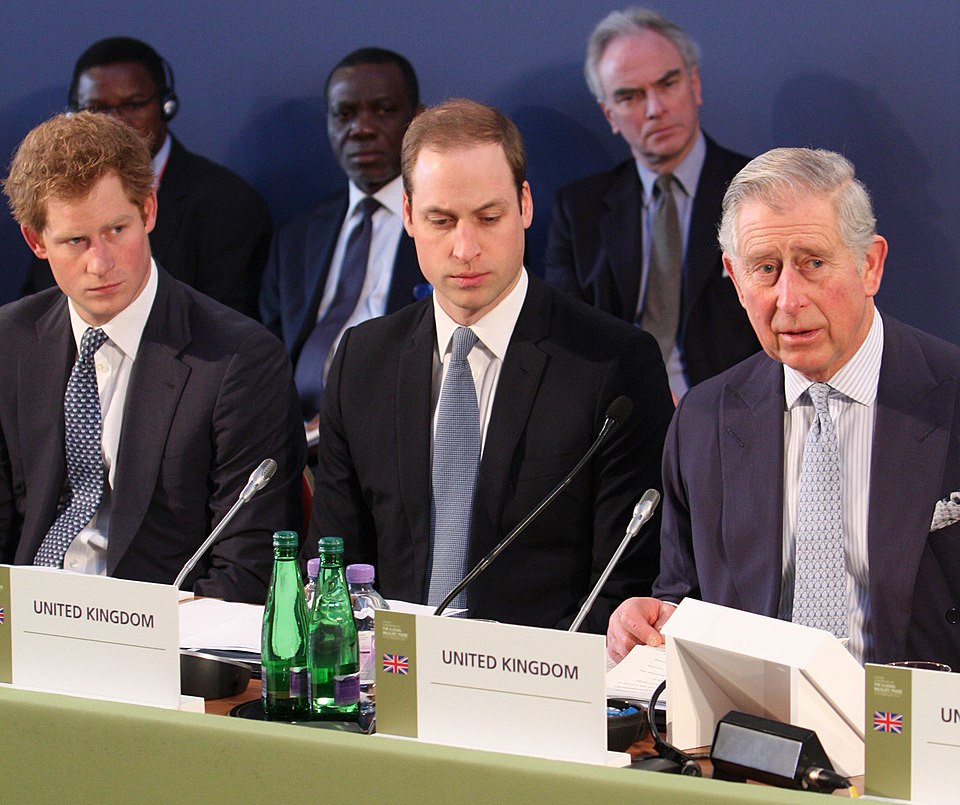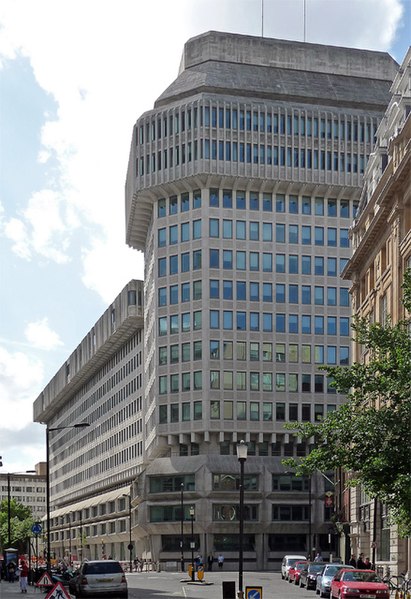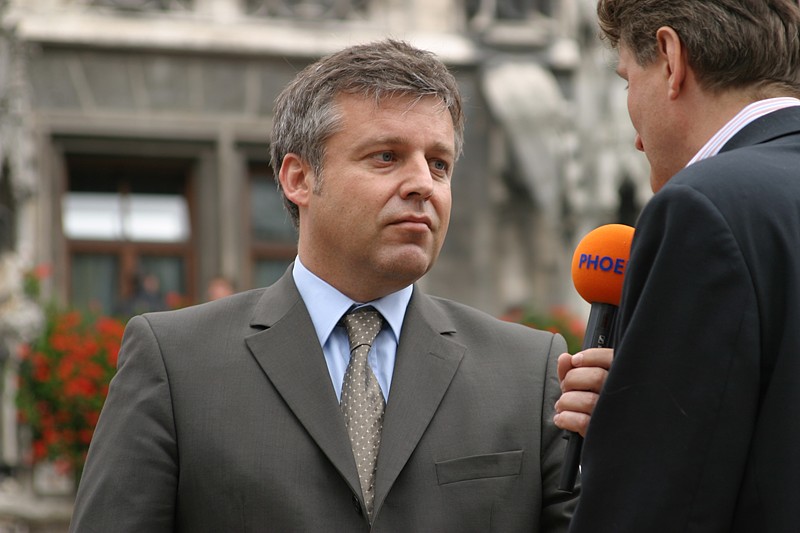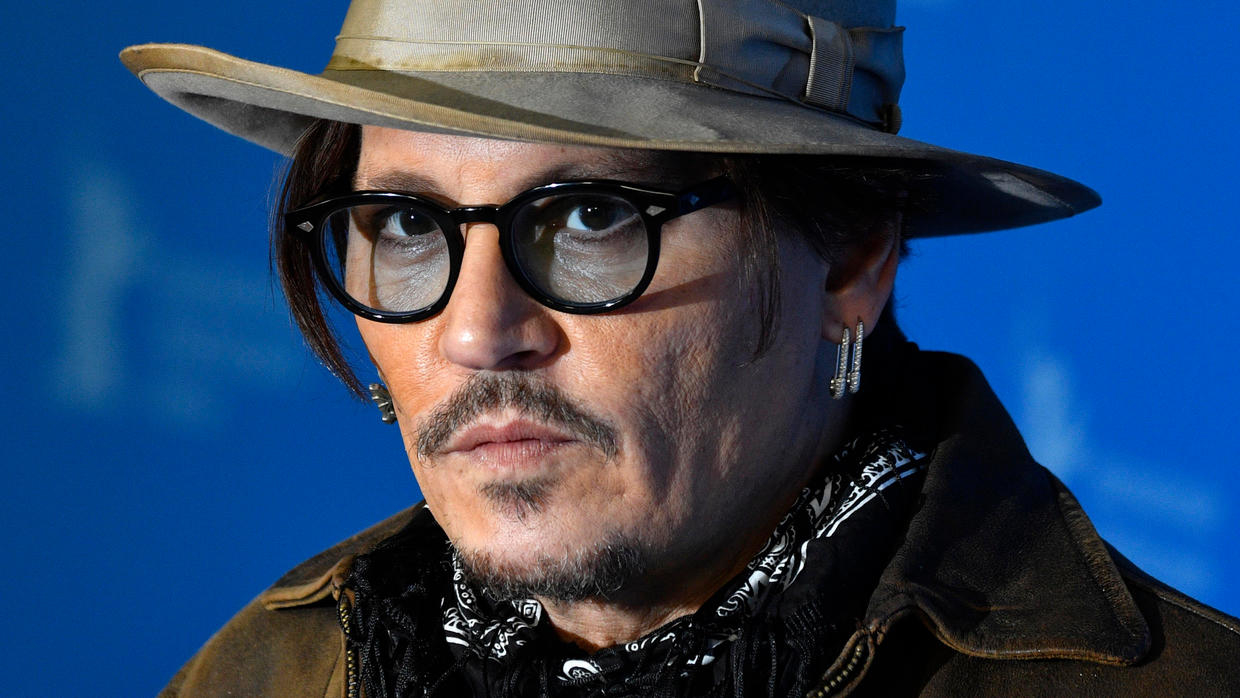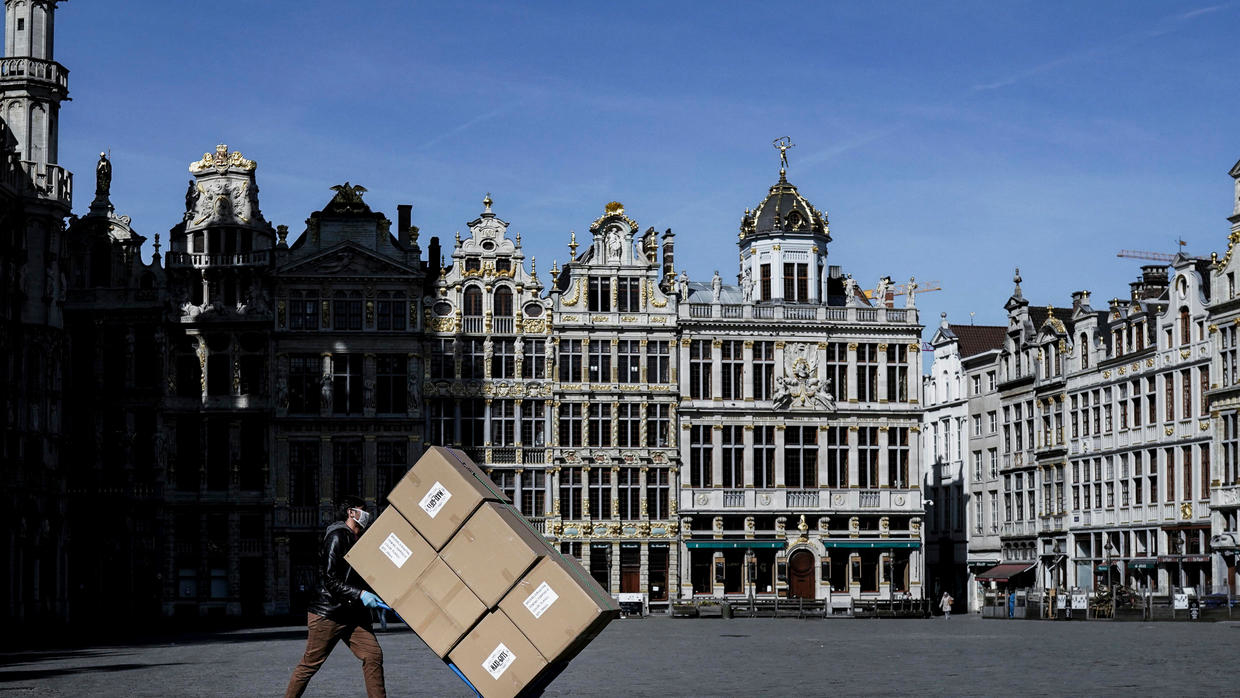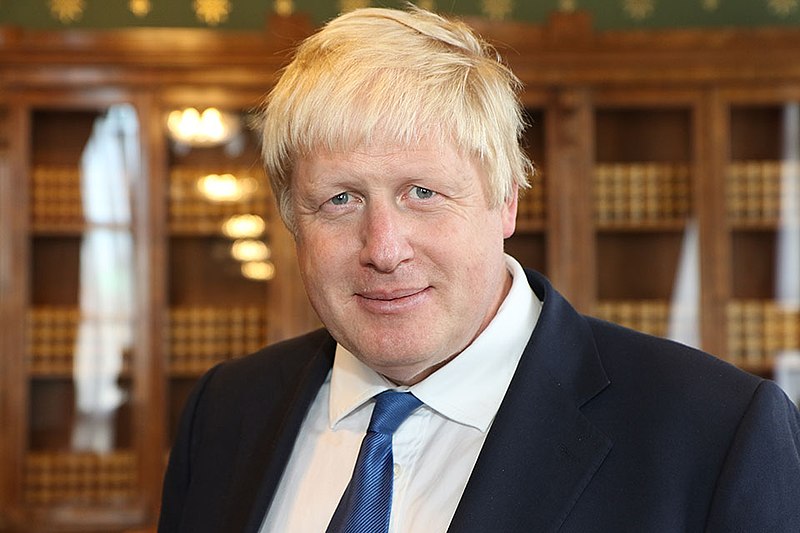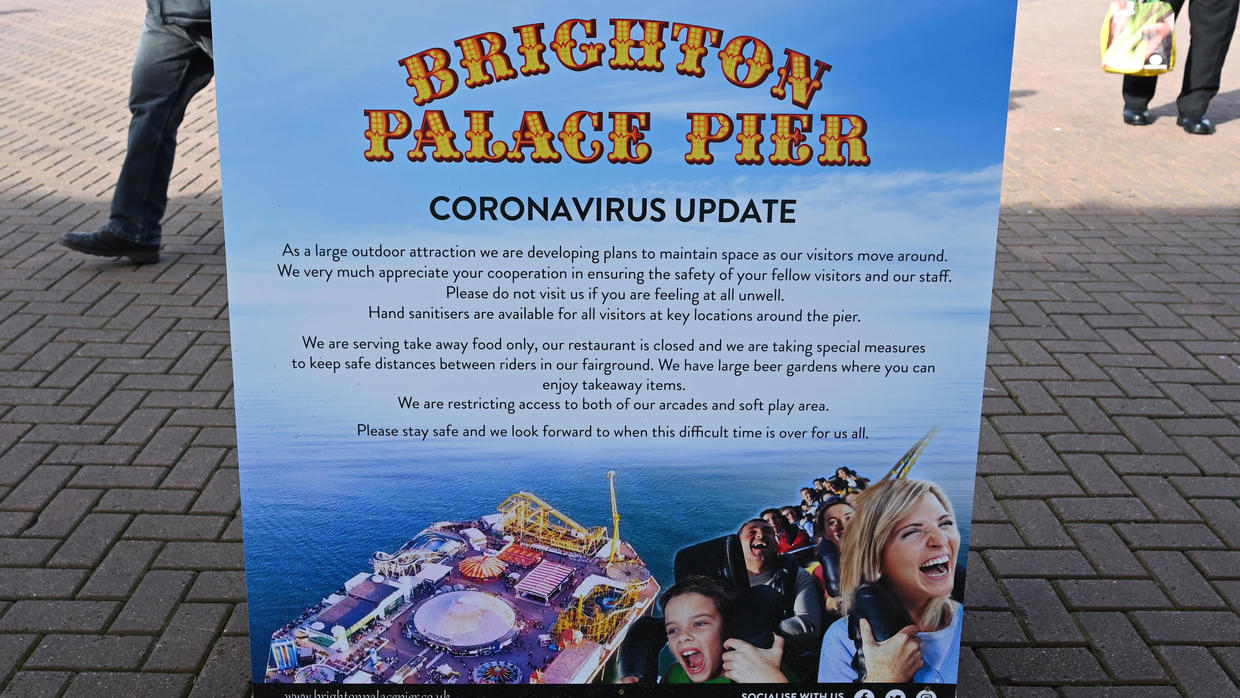
Alex Salmond came within a whisker of immortality among supporters of independence, when he took Scotland to the brink of a breakaway from Britain.
But six years on from the landmark referendum, he found himself battling to save his personal reputation after being charged with a string of sex offences, including attempted rape.
The feisty ex-politician was the face of Scottish nationalism for more than 20 years, taking it from a fringe issue into a mainstream phenomenon that almost broke up the United Kingdom.
"Obviously I wouldn't have made the decision if there had been a 'Yes' vote," he said at the time.
Scottish independence though has become a permanent issue in British politics and his successor, Nicola Sturgeon, took up the cause with gusto, as Brexit breathed fresh life into his dream.
"For me as leader, my time is nearly over. But for Scotland, the campaign continues and the dream shall never die," he said at the time.
The rhetoric was typical of Salmond, who fired up crowds throughout his political career with his promise to "break the shackles" of the 313-year-old union with England.
He was set to go down in the history books as the politician who returned the energy to British politics -- and helped create a new type of United Kingdom, gaining paise from arch rivals.
The then UK prime minister David Cameron called him a politician "of huge talent and passion" who "has been an effective first minister and always fights his corner."
But the court case saw even his closest allies move to distance themselves from the jocular former first minister, including his protegee, Sturgeon.
- Made in Scotland -
Alexander Eliott Anderson Salmond was born on December 31, 1954 in Linlithgow, near Edinburgh, and graduated in economics and medieval history from the prestigious St Andrews University.
He worked as an economist with the Royal Bank of Scotland before entering the British parliament but found his calling when in 1990 he took over leadership of the Scottish National Party.
Four years before Tony Blair would do something similar to create "New Labour", Salmond steered the SNP towards the political centre and prepared to do battle.
David Torrance, author of "Salmond: Against the Odds", said both Salmond and Blair were more pragmatic than dogmatic. Their slogan could be: "Whatever works".
In the first elections for the devolved Scottish parliament in Edinburgh in 1999 -- created under Blair's leadership -- the SNP lost out to Labour and Salmond quit as leader.
He said his decision was "forever" but he was re-elected in 2004 saying: "I changed my mind."
He was rewarded with power, being elected first minister of a minority SNP government in 2007, and then in 2011 won an absolute majority -- and the promise of a referendum.
- Politician of a generation -
Salmond's charisma was hugely effective on the campaign trail but disguised what aides called an "explosive temper" and a talent for the scathing political put-down.
His supporters praise his unflagging determination and his political know-how, while his opponents brand him arrogant and misogynistic with a penchant for populism.
Many on both sides agree that he was one of the most talented politicians of his generation.
Sociable in public, Salmond has been discreet about his private life. His wife Moira is 17 years older and is only rarely seen by his side. The couple have no children.
His passions are horse racing, good wine and Indian curry, along with football and that Scottish invention -- golf.
Salmond also likes a singalong.
His favourite tune is "Scots Wha Hae" -- an ode by poet Robert Burns to an epic victory against the English at the Battle of Bannockburn 700 years ago.afp




